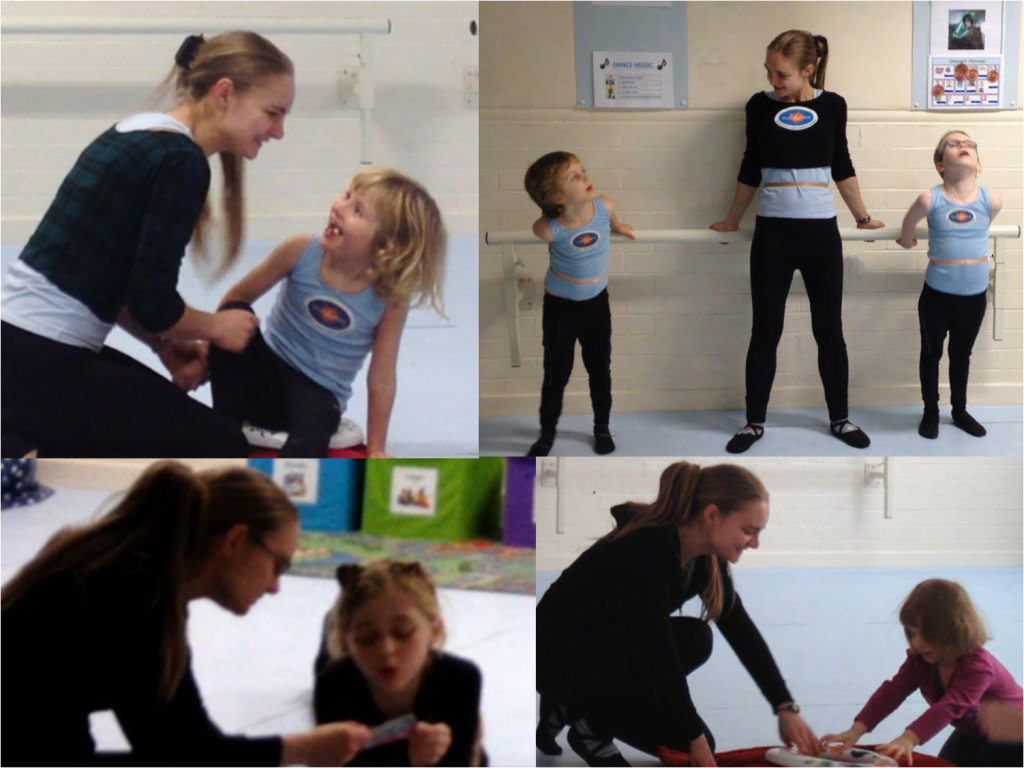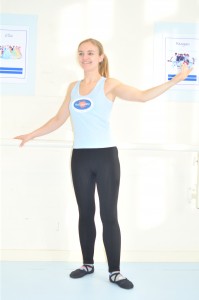Keely’s Story
A lot of people make assumptions, because of the way I come across now, about where I have come from – and the level of difficulties I have experienced. And they compare me to their own child based on those assumptions.
They don’t know that for most of secondary school, I did not speak, except to people who were very close to me – because my anxiety was so severe. They don’t know how severely withdrawn I was; and how my teachers used to worry about me because of that. Or that I used to cry myself to sleep at night.
They don’t know that the only reason I ever spoke at all, as a toddler, was because I happened to have a consuming, obsessive interest in words, and in everything’s names, at a critical point – though I had no concept at all of speaking being for connection with other people.
They don’t know how easily I could have been rubber-stamped as having “learning difficulties” at school; because I couldn’t get my head around the concept of “letters”, and the way they were teaching us the alphabet and phonics. I had to pull myself through all of my school lessons, translating everything slowly into my own way of thinking, by sheer force of will. I could so easily have given up – but I chose not to, because I have always been a very determined individual, and my parents have taught me the importance of persevering.
I am continually misunderstood, even now, as an adult; and sometimes in the past my frustration over this has been misread as aggression – when in fact, I have not even been aware that I was raising my voice; or that my body had somehow moved closer to another person than I was ever aware of it being.
People often don’t realise how much all these things enable me to empathise with even the most challenged children and young people; and feel their hurt; and know it; and understand.
I got through all my challenges, to become the woman that I am today, because of three things:
- Dance and drama provided me a way of connecting with the world through music; using that as a model to understand how to adapt my responses to the emotions I see in others; and training me in sensory integration such that my processing of sensory and social information has gradually become much more efficient. It took me a fair while to get used to it all – and I really hated the drama at first, because of all the improvisation games, which I found really scary – but I kept at it and I pushed myself through the anxiety, with my parents’ encouragement. And I would not be nearly as confident or as independent as I am today, without having done that.
- I came into contact, as a young teenager, with another young person – a peer – who seemed to understand me naturally, in a way that I had never experienced before. Although I hardly spoke with this person, I could feel a connection with them; and I could see things in them that were similar to what I was feeling. This was a very empowering thing for me, and it had a dramatic effect on my outlook from that point onwards.
- My parents have always been people of serious long-term vision; and they never stopped believing in my potential to come a long way – even when I was at my most withdrawn and my grades at school were going downhill. They always spurred me on to deal with my challenges head-on, so that I would not be held back in life – and that has had a massive impact on my own determination, and my belief in what I could achieve if I tried hard enough.
I am now well into adulthood; and I am very passionate to pass on what I have learned through my journey, by supporting other young people and children who are going through similar challenges. That is why I have set up ReGenerate – so that I can teach, mentor and support needy children and young people, in the exact setting and conditions that most helped me when I was younger.


